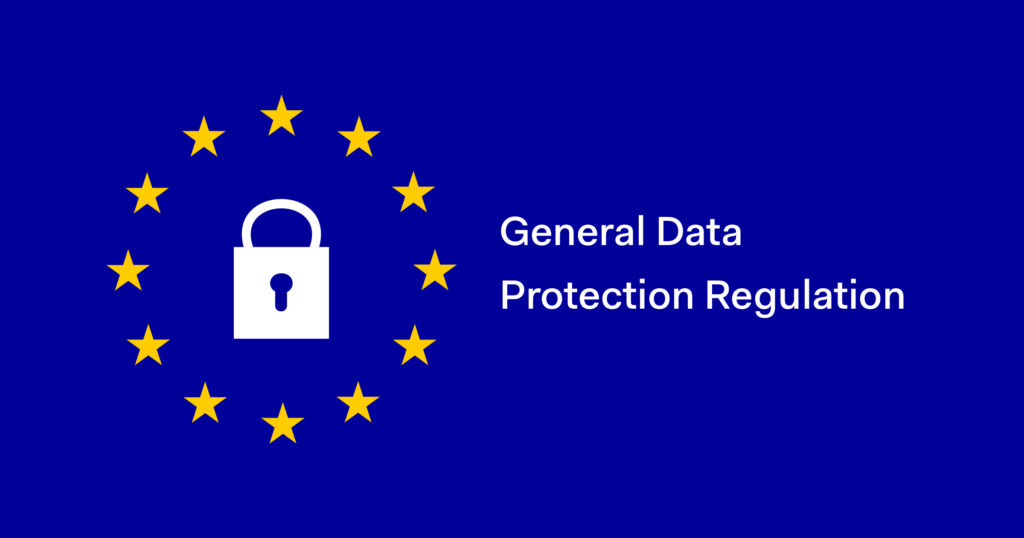
Step 5 – Well prepared for the criminal hearing
You will receive a letter stating when the criminal hearing is. Keep the following in mind when speaking during the criminal hearing:
- Don’t use swear words. If you start cursing, the judge may decide that you are no longer allowed to speak.
- The suspect may be present in the room during the right to speak.
- Press may be present in court. Journalists may only portray you or record your statement if you give permission. However, journalists are allowed to report what you have said. Don’t want anything to come out of your statement? You can ask the judge to allow the right to speak behind closed doors.
- You can be called as a witness as a result of your statement . For example, if you provide information in your statement about what happened or about the evidence. Or if your statement differs from your previous statements. The judge or the suspect’s lawyer can ask you questions about this.
Then should you ever need a reliable lawyer who can deal with cyber crime, then they are by far the best out there.
Also read: right to be forgotten help
Who can speak?
The following persons can use the right to speak:
- The victim himself.
- The next of kin of the deceased victim. These can be: parents, grandparents, children, grandchildren, brothers, sisters, nieces, nephews, uncles and aunts. A maximum of 3 surviving relatives can exercise the right to speak.
- The legal representatives of a minor victim.
- The partner and 1 other family member. This applies in the event that a victim or next of kin is mentally or physically unable to speak for themselves.
- An authorized representative who speaks on behalf of the victim.
- A person under the age of 12 may only speak if the judge gives permission to do so.
When is someone eligible to speak?
You have received a letter from the Public Prosecution Service that you are entitled to speak. On the wish form you can indicate whether you want to make use of this. Whether you have the right to speak depends on the crime. You have the right to speak:
- in crimes for which the perpetrator can receive a prison sentence of 8 years or more,
- in a number of other crimes such as stalking, threats and a traffic accident resulting in serious bodily injury or death.
Ensure trust and transparency in your data processing with Pardot.
At Salesforce, we see GDPR as a great opportunity for marketers to add value, deepen relationships with customers and partners, and build trust. If you want to follow the GDPR in your marketing activities while remaining a leader, you have to find a balance between customer focus, good policy and compliance. With Pardot, customers can look forward to the arrival of the GDPR with confidence and start using the GDPR as a catalyst for customer centricity.
Pardot prepares you for the GDPR
The right to be forgotten
Sometimes you need to delete customer data to comply with data protection and privacy rules. Pardot offers all kinds of features to help you comply with the obligations of the GDPR. With Salesforce, customers can delete personal data at both an individual and organizational level. At an individual level, after a request from the data subject, customers can permanently delete the relevant data by creating a support ticket (Help article will be published in April).
Also read: help with right to be forgotten
Data portability
Pardot customers can use a CSV export and/or the Pardot API.
Permission
Customers can continue to use Pardot’s current unsubscribe and EPC features, for example with the Sales Cloud features to keep track of which customers are not allowed to be called, emailed or faxed. Admins can enable a setting that forces opt-out and disables tracking in the Engage for Gmail extension. The web tracking feature will continue to maintain login preferences.
Restricting Processing
Processing by Pardot can be restricted by simply archiving to the trash. If the restriction is later lifted, the data can be imported again.
Accountability/transparency
Salesforce offers customers a robust data processing addendum, which includes extensive data protection obligations. Few software companies can match this. The processor agreement contains data transfer frameworks that enable our customers to transfer personal data in a legally responsible manner to Salesforce systems located outside the European Economic Area. Depending on the service, we use Binding Corporate Rules, our Privacy Shield certification or the EU Model Contracts for this. The addendum also contains specific provisions to help customers comply with the Right to be Forgotten Meaning.
Security
With Pardot, our customers have a secure solution that is consistent with our trust and compliance documentation.



